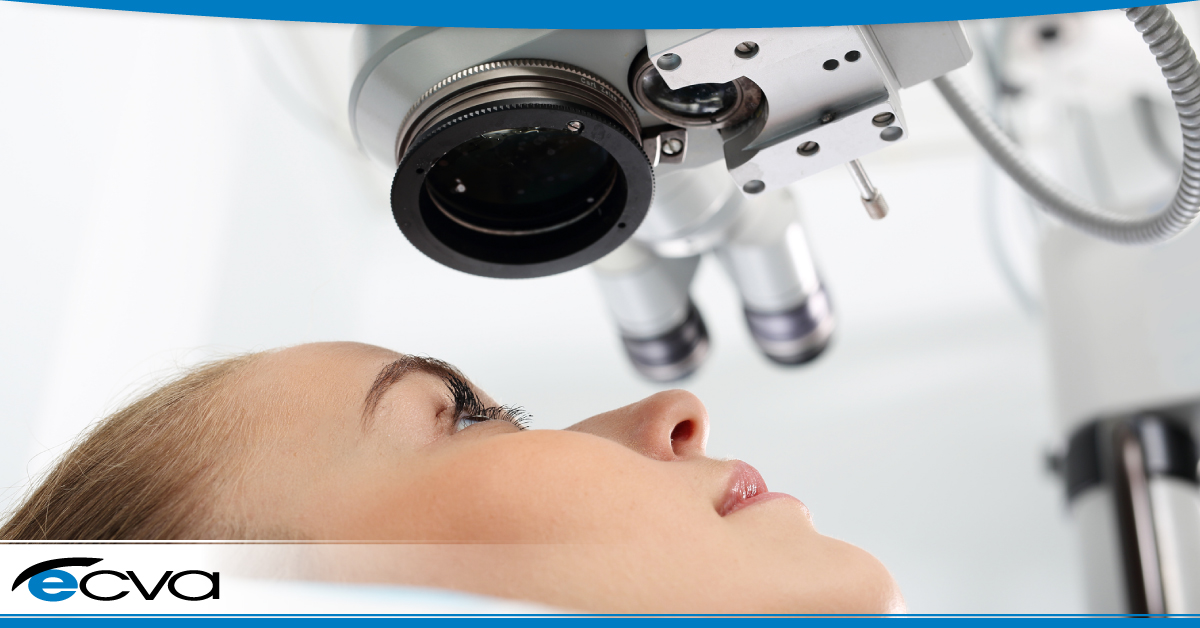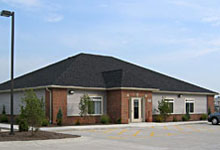While hearing that you have cataracts and need surgery can be scary, the condition is surprisingly common and fairly easy to treat. Many older people will have cataracts at some point during their golden years. But, by undergoing cataract surgery, their vision can usually be restored.
A cataract is a form of clouding that happens on the eye’s lens and is usually a normal part of the aging process. The condition causes vision loss that can’t be fixed with corrective lenses or corneal refractive surgeries.
However, modern cataract surgery is a highly effective procedure and is also very safe. If you need cataract surgery, here’s everything you need to know about the procedure.
Before Your Cataract Surgery
Ahead of your cataract surgery, your ophthalmologist will measure your eye. This allows them to determine the right focusing power for your intraocular lens (IOL), the artificial lens that will be placed to correct your vision.
You may also get a prescription for medicated eye drops. The drops will help reduce swelling and prevent infection after your procedure.
Your Cataract Surgery
Cataract removal surgery is usually an outpatient procedure. You won’t have to stay overnight at a hospital. Instead, you’ll be allowed to go home once your ophthalmologist clears you after the procedure.
When its time to begin your cataract surgery, a numbing eyedrop or injection is used to numb your eye. You may also be given medications that help you relax, ensuring you remain comfortable during the procedure.
You are awake during cataract removal surgery. While you’ll be able to see light and movement while the procedure is underway, you won’t be able to see what your ophthalmologist is doing to the eye.
Once your eye is numb, your ophthalmologist will examine your eye with a specialized microscope. Then, small incisions are made near your cornea’s edge, allowing your surgeon to reach the lens. Using specialized instruments, your ophthalmologist removes the lens with the cataract after breaking it into small pieces. Once removed, your surgeon places your IOL.
In most cases, stitches aren’t necessary to close the incision. Instead, it will “self-seal,” closing on its own with a little bit of time. Your ophthalmologist will place a shield over your eye, ensuring it stays protected after the procedure. Then, you’ll be taken to recovery, where you’ll rest for about 30 minutes. After that, you can typically go home.
Cataract Surgery Recovery
The recovery process for cataract surgery is fairly simple. You’ll use special eye drops to promote healing. Additionally, you’ll have to take special care around your eyes.
For example, you want to avoid getting water or soap in your eye. You also shouldn’t rub or press on the eye. To make that easier and to further keep your eyes safe, your ophthalmologist might have you wear a shield or eyeglasses for protection.
Your surgeon will also let you know if you need to avoid certain activities – like exercising or driving – until you are fully healed. They will tell you when you should be able to participate in those activities again.
Once healing is complete, your vision will typically be as good, if not better, than it was before the appearance of the cataract. Many IOLs can correct near- or farsightedness, so you may not need a corrective lens for that eye once the healing process is finished.
Ultimately, cataract removal surgery is generally a safe procedure. Before taking part, your ophthalmologist will discuss any risks and considerations you need to be aware of, allowing you to make a decision regarding whether you feel the surgery is right for you.
If you haven’t had your vision checked recently or are looking for an ophthalmologist to perform cataract surgery, schedule an appointment at your nearest ECVA clinic today. Our skilled team works diligently to ensure your eye health, performing thorough exams, allowing vision issues to be corrected, and providing treatment options designed to meet the needs of our patients whenever the need arises.
TALK WITH ONE OF OUR EYE CARE PROFESSIONALS TODAY!
If you have further questions or would like to schedule an appointment with one of the Ophthalmologists at Eye Care and Vision Associates please call 716.631-EYES (3937) or visit www.ecvaeyecare.com .







